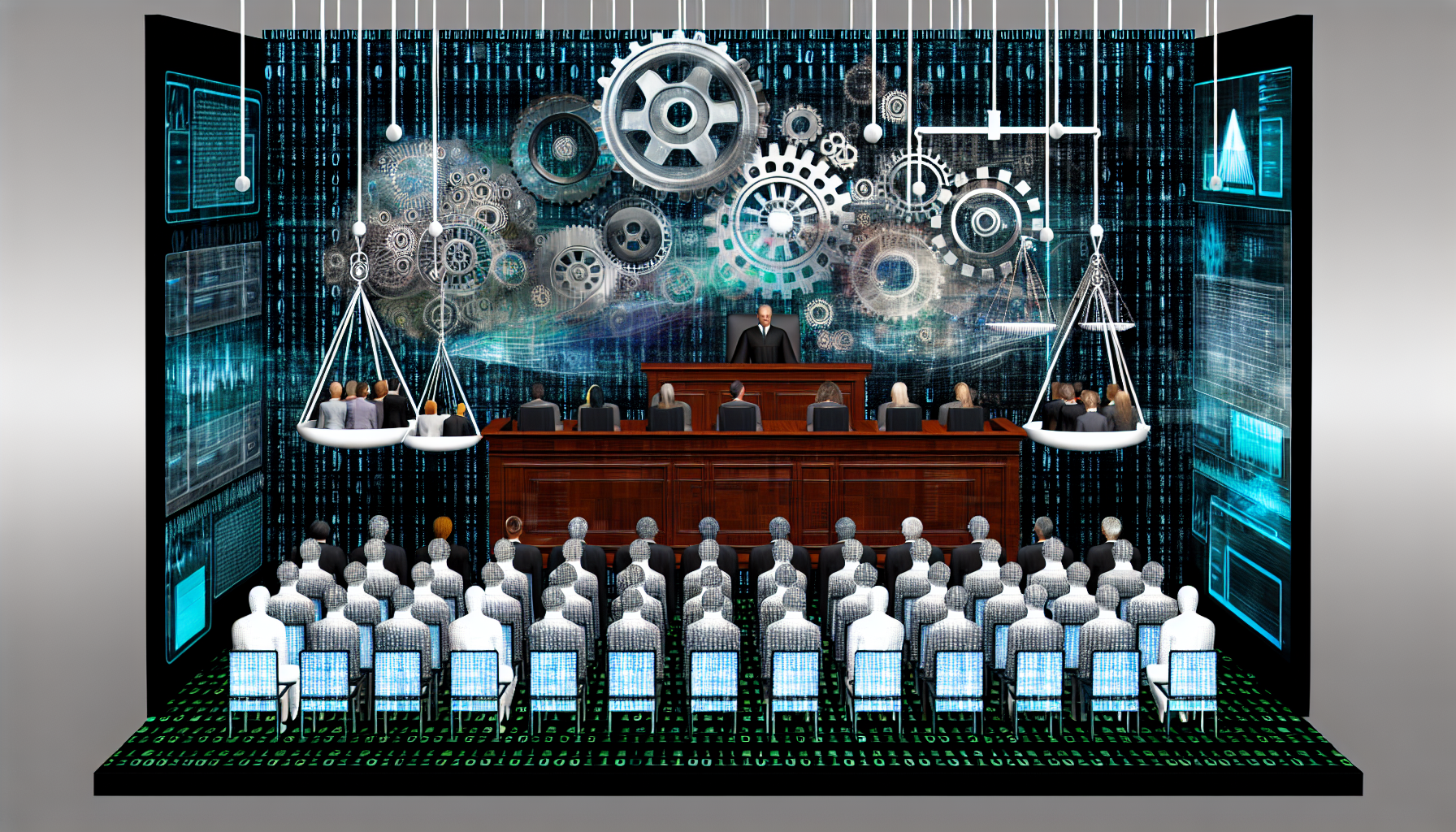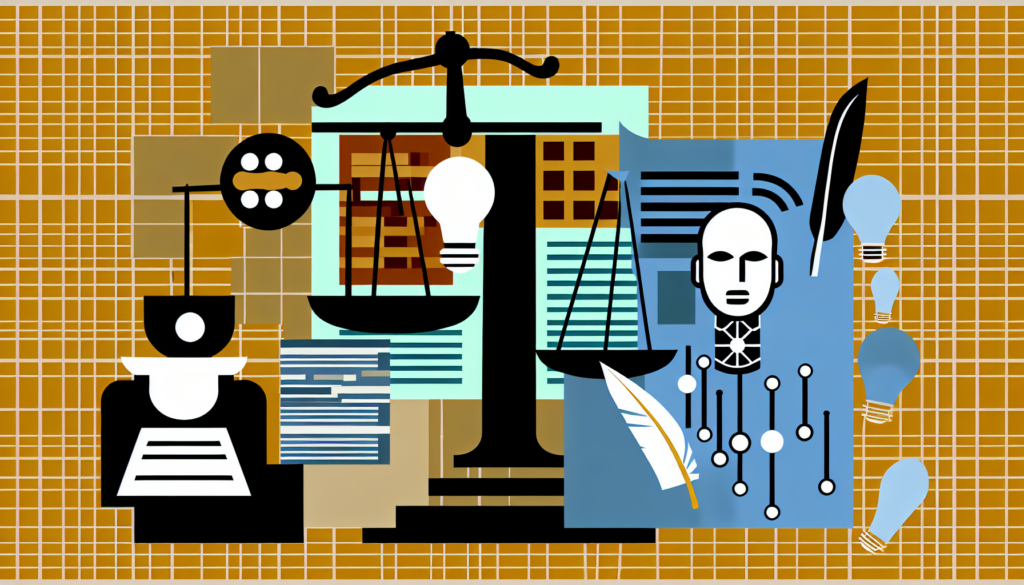OpenAI’s First Amendment Defense in the LA Legal Battle
Discover the legal intricacies and the future of AI in content generation through the lens of OpenAI’s legal disputes.

AI in Journalism Legal Case Los Angeles: The New York Times vs. OpenAI
“When artificial intelligence firms set their systems to scrape and ingest millions of painstakingly produced news stories, is it comparable to art students learning to paint by recreating the ‘Mona Lisa’ — or unfair misappropriation?”
In the bustling city of Los Angeles, the case of The New York Times vs. OpenAI has sparked a heated debate on AI’s role in journalism. As reported by CNN, there are significant concerns about whether AI’s use of copyrighted content for training purposes constitutes fair use or copyright infringement.
With OpenAI’s algorithms having ingested a vast amount of journalistic content, the question arises: Does this act foster innovation, or does it undermine the painstaking efforts of journalists and content creators? The legal battle in LA is setting a precedent for how AI and journalism will coexist in the future.
As the legal proceedings unfold, the outcome of this case could redefine the boundaries of content creation and ownership, particularly in the digital age where AI plays an increasingly prominent role.
OpenAI First Amendment Defense
OpenAI’s defense strategy hinges on the First Amendment, a bold move that could have far-reaching implications for the tech industry. The company argues that its AI-generated content is a form of speech, and thus, is protected under the constitutional right to freedom of expression.
This argument is not without controversy. Critics question whether a machine’s output can be equated to human speech, and if so, what this means for the future of content creation. The legal community is watching closely, as the implications of this defense could extend well beyond the realm of journalism.
If OpenAI’s First Amendment defense is successful, it could pave the way for AI to play a more significant role in content generation, potentially without the constraints of traditional copyright laws.
AI-Generated Content Copyright Law: The OpenAI Dismissal Case
The legal analysis by Baker Donelson sheds light on the fair use implications of generative AI in the context of the OpenAI dismissal case. The firm discusses the nuances of how AI-generated content could be perceived under current copyright legislation.
“The lawsuit recently filed by The New York Times against OpenAI…” highlights the complexity of applying traditional copyright concepts to the outputs of artificial intelligence. The case raises questions about authorship, originality, and the transformation of copyrighted material.
As the court deliberates on these issues, the outcome will likely influence how AI companies operate and how they develop their technologies in compliance with copyright laws.
Artificial Intelligence Ethical Journalism: The Debate Intensifies Post-OpenAI Case
The ethical dimensions of AI in journalism have come to the forefront following the OpenAI case. The industry is grappling with the implications of AI’s role in content creation and the potential impact on journalistic integrity and authenticity.
With AI’s ability to produce content that is increasingly indistinguishable from that created by humans, ethical concerns about misinformation, bias, and the erosion of trust in media are intensifying. The debate is not just legal but moral, as society seeks to balance innovation with ethical responsibility.
As AI continues to evolve, the journalism industry must navigate these ethical waters carefully, ensuring that the use of AI supports, rather than undermines, the principles of truthful and responsible reporting.
AI Content Creation Legal Implications LA: Future of AI in Content Generation
Los Angeles, a hub for both technology and media, finds itself at the center of a pivotal moment for AI in content creation. The legal implications of cases like OpenAI’s are setting the stage for how AI will be integrated into the content generation process.
Reuters reports on new lawsuits against OpenAI from news outlets, further complicating the legal landscape. These cases will likely dictate the protocols and ethical guidelines for AI’s use in journalism and beyond.
The decisions made in LA courtrooms will have a ripple effect across the globe, influencing not only how AI is used in content generation but also how it is perceived by the public and regulated by law.
